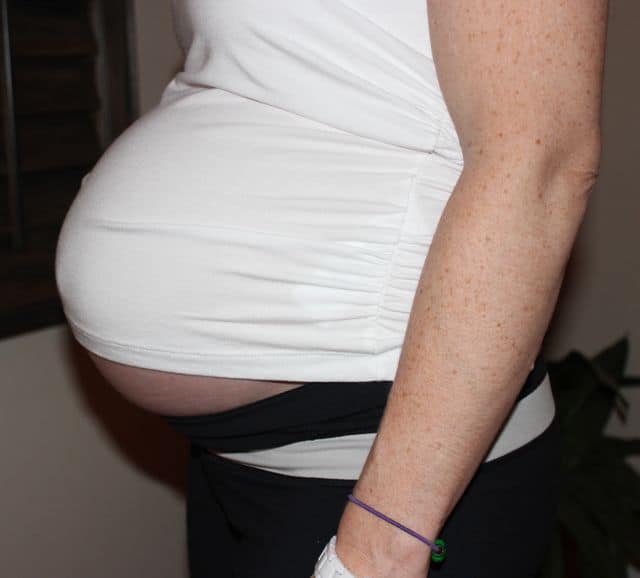
Your Pregnancy and What You Need to Know About Glucose Tests
If you’re pregnant, then sometime between 24 and 28 week mark, your doctor will have you come in for a Glucose Challenge Test (GCT).
This is a test to screen whether you might have gestational diabetes, a high blood sugar condition that starts or is diagnosed during pregnancy and will need to be treated.
As far as tests go, this is a whole lot easier than your calculus midterm exam in high school. You basically drink something that tastes like grossly sweet soda (which is much better cold) and an hour later, you’ll have your blood drawn. Some doctors will give you the liquid to take at home and others will require you to drink it in the office.
Your doctor just wants to make sure you are processing sugar properly. A high level in your blood may indicate that your body is not.
Now I had no problem with this test during my first and second pregnancies so when it came to my third, I declared myself a glucose champion (I’m sure the trophy is around here somewhere) and I wasn’t concerned at all. Which is why I thought nothing of consuming a gigantic sugary scone before my Glucose Challenge Test.
Do not do this. This is a very bad idea because I failed the test. On the upside, I did get a B in calculus.
If like me, you fail your Glucose Challenge Test, don’t panic. It doesn’t necessarily mean you have gestational diabetes (remember, it’s just a screening test), but you do now have to take a 3 hour Glucose Tolerance Test (GTT). If you already have children at home, think of it as a 3 hour getaway to surf Facebook and Twitter without interruption. And this getaway comes with a refreshing cocktail! Okay, the drink stinks but at least you’re getting a little alone time.
With the Glucose Tolerance Test (GTT), you will have to fast beforehand and that super sweet drink (extra-concentrated) can potentially make you quite queasy. In fact, it made me very nauseous. I had my own personal mantra of, “Don’t throw-up. Don’t throw-up. Focus on Twitter. Focus on Facebook. Please don’t throw-up” because I had no interest in repeating the experience. Every hour, your blood will be drawn so they can monitor how you are processing sugar over a span of time.
It’s important to know that if you are diagnosed with gestational diabetes (3 to 10% of all pregnancies), you can still go on to have a healthy pregnancy and the condition will likely go away after you give birth. But while pregnant, you will need to make changes to your diet, add daily exercise and possibly take medication to keep your blood sugar levels under control. You will also have to monitor your glucose levels from home. Yes, it sounds like a lot but it’s all vital for the health of you and your baby.
I’m currently pregnant (4th time around) and next week, I’m headed to my doctor’s office for my initial Glucose Challenge Test. I’m definitely skipping the scone and my doctor recommend that I cut back on sugar and carbohydrates 72 hours before the screening test. I think that man is severely underestimating my addiction to Whoppers and Junior Mints but I’m going to do my very best. Fingers crossed for me and all you other pregnant ladies out there.
Note: Did your doctor order a 2-hour Oral Glucose Tolerance Test? It’s very possible. In 2011, the American Diabetes Association adopted guidelines by the International Association of Diabetes and Pregnancy Study Group and started recommending the 2-hour test as a replacement for the Glucose Challenge Test and 3-hour Glucose Tolerance Test. If you fail the 2 hour test, you are simply diagnosed with gestational diabetes and treated accordingly. No need for a second test.
But for now the American College of Obstetrics has stayed with their current guidelines of a 1-hour screen test (GCT), followed by the 3 hour test (GTT) to confirm/ deny gestational diabetes, believing it protects maternal and newborn health, while keeping health care costs down.
If you have any questions about these different glucose tests, don’t hesitate to talk to your OBGYN.

